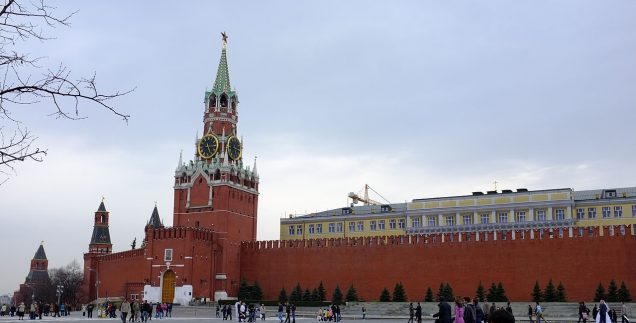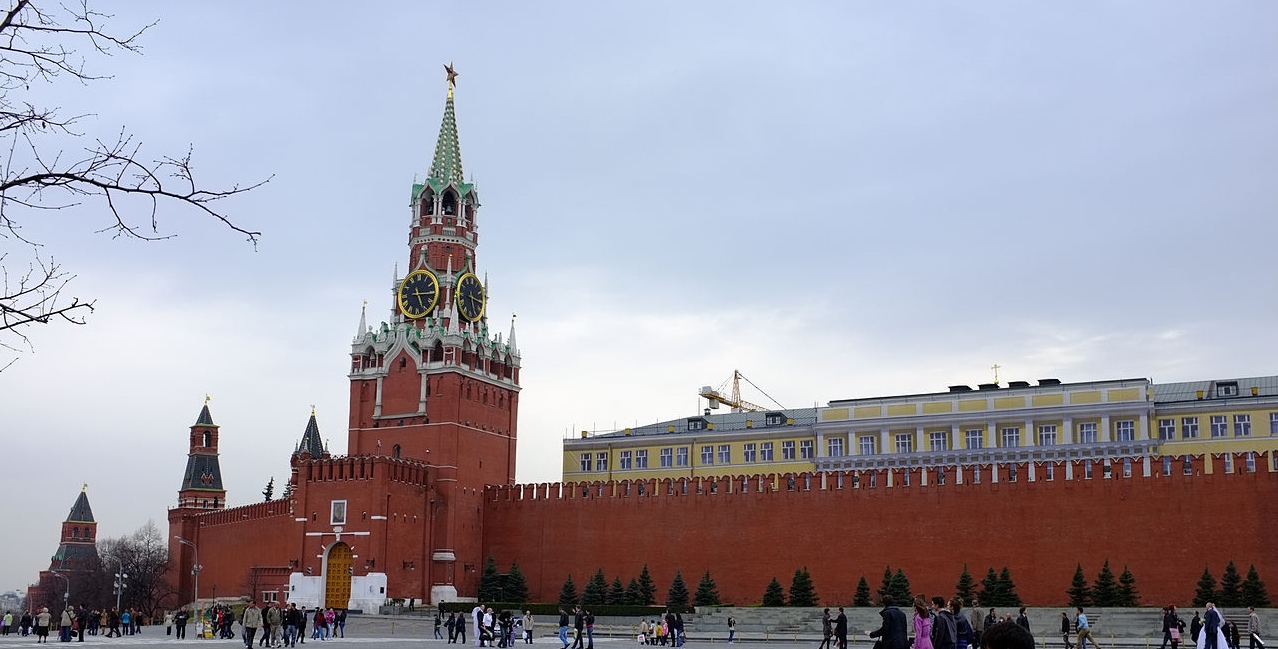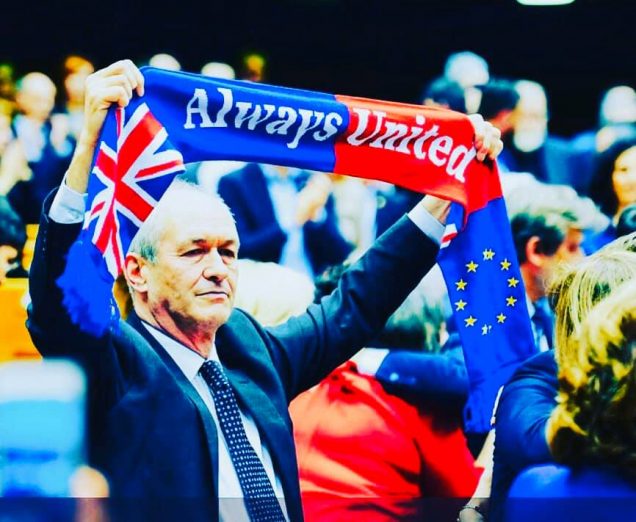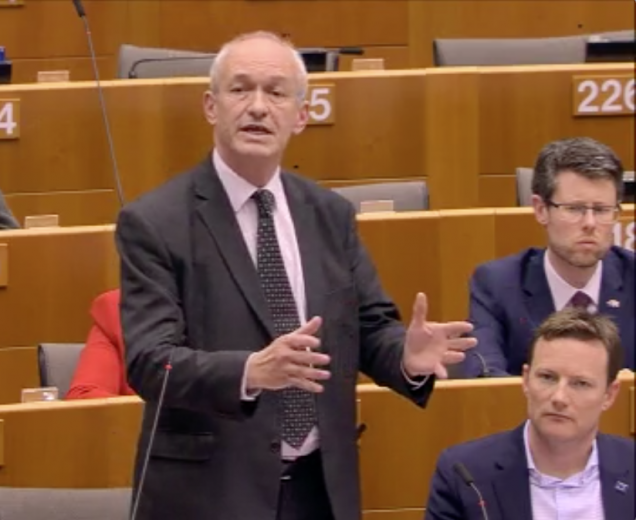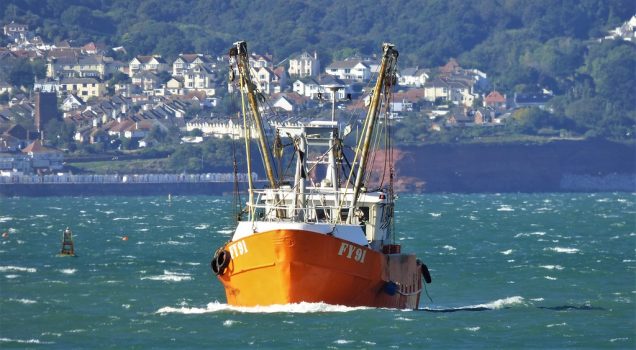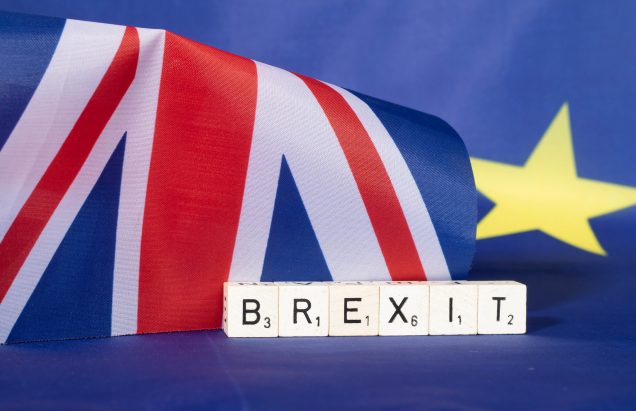Question
In recent weeks, it has become increasingly clear that the 2016 campaign for the UK referendum on EU membership was subject to the influence of Russian-sponsored initiatives. Evidence has emerged of links between pro-Brexit campaigners and intermediaries for the Russian Government. In addition, a study has revealed that over 156 000 Russian-based Twitter accounts were engaged in a concerted campaign to over-represent support for the Leave side in the lead-up to the referendum. It appears that Putin considers UK separation from the EU to be a strategic advantage for Russia.
Is the Commission aware of these links and that such techniques were deployed during the UK referendum campaign?
Will either the East StratCom agency or the new High-Level Expert Group be investigating this in the future?
Does the Commission consider that such interference in the referendum campaign was an attempt by the Kremlin to attack and destabilise the EU?
Molly Scott Cato (Verts/ALE), Julie Girling (ECR), Catherine Bearder (ALDE), Richard Corbett (S&D), Jill Evans (Verts/ALE), Jean Lambert (Verts/ALE), Jude Kirton-Darling (S&D), Paul Brannen (S&D) and Clare Moody (S&D)
Answer
The High Representative/Vice-President (HR/VP) takes the challenge of disinformation activities by external actors seriously, which is why the East Stratcom Task Force was established already in 2015, following the mandate of the European Council. The Task Force has so far uncovered over 3,500 examples of pro-Kremlin disinformation, much of it denigrating and misrepresenting European values, policies, people and democratic processes.
The East Stratcom Task Force does not have sufficient data properly to assess the full extent of pro-Kremlin disinformation activities in Member States, since it largely relies on cooperation with Member States and voluntary contributions. It is primarily Member States’ responsibility to address disinformation threats of this kind. The Task Force can contribute by making the outcome of its work publicly available. Task Force output is publicly available on the database of its website and promoted via social media. Its weekly disinformation review will continue to report all new examples of disinformation identified by the team.
In fulfilment of the initiative on countering fake news and disinformation online in the Commission’s 2018 work plan, the Commission has launched a wide-ranging consultation and a High Level Expert Group on Fake News and Disinformation Online. The Commission will communicate its views on the underlying problem, analysis and possible remedies in spring 2018.
Answer given by Vice-President Mogherini on behalf of the Commission (28.3.2018)

